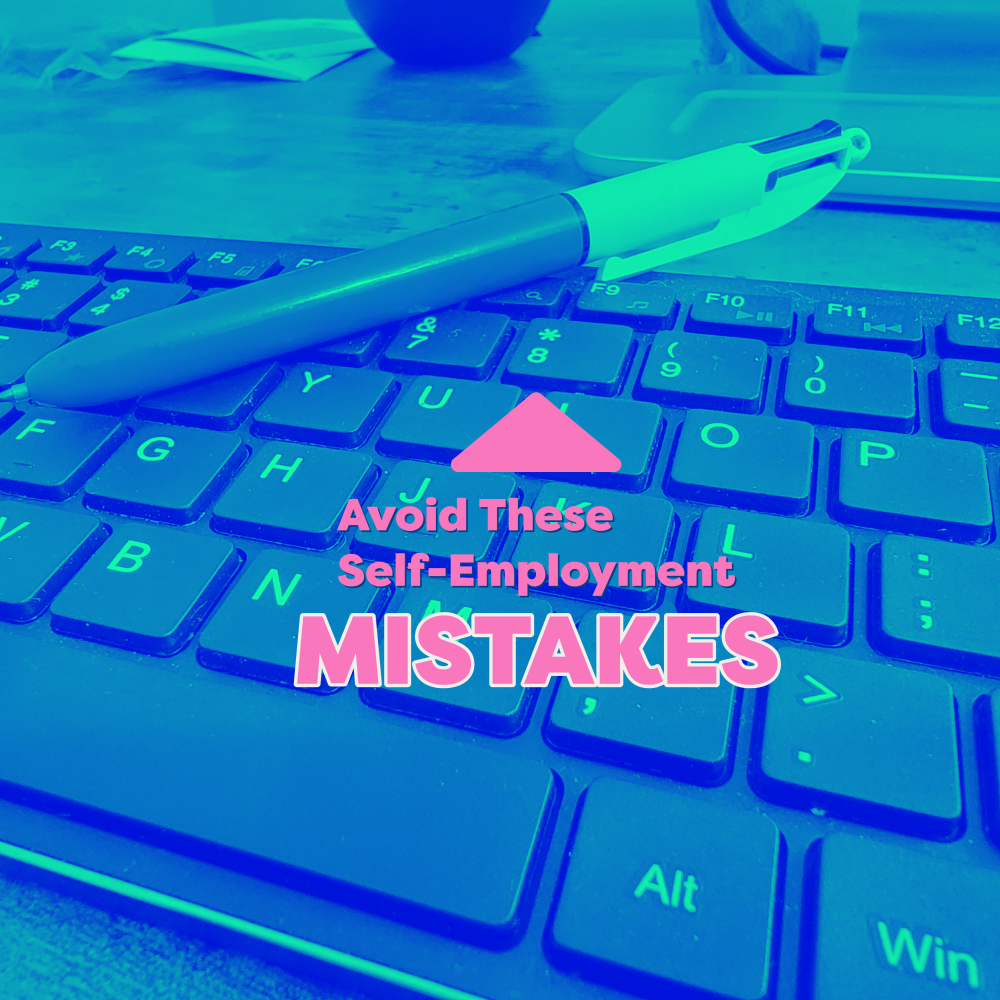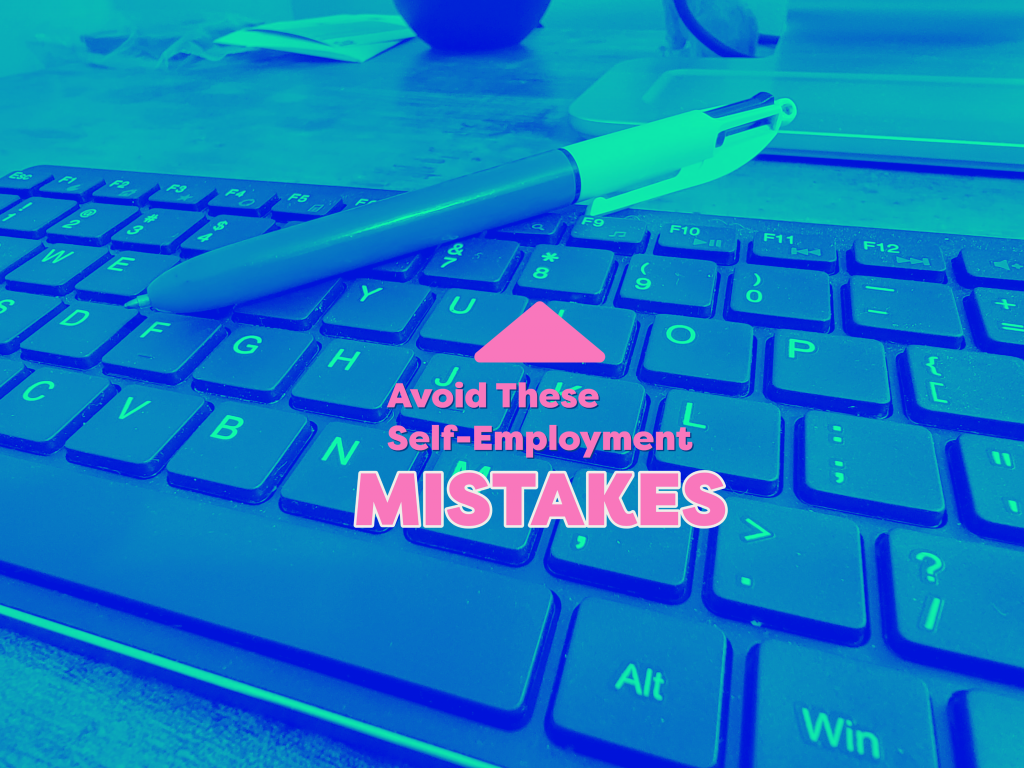

Making the decision to start out as a freelancer or professional contractor can be one of the most exciting periods of your life. It’s a turning point for many people that signifies years of hard work and hustle finally paying off. After all, who doesn’t want to be their own boss and the master of their fate in an industry they’re passionate about?
However, that business dream can quickly turn sour if you’re not prepared. Before you know it, you can potentially find yourself just as frustrated as you were at your previous places of employment. Only this time, unfortunately, the buck will very much stop with you, as the sole person responsible for getting your business up and running as smoothly as possible.
So, before those initial first steps into self-employed status become the bitter footnotes of what could have been a successful venture, what steps can you take to prepare yourself for future rewards and job satisfaction?
Like most things in life, it’s important to plan for success by learning from some of the common mistakes that people have made in the past. If you can avoid making the following errors, and you’re determined to achieve your goals, you’ll be able to make a flawless transition into self-employment and be prepared for anything the future may throw at you.
Poorly timed transitions
Many things can affect and influence the timing of your transition into self-employment. And while those variables can inevitably change the exact moment you decide to make that step into the unknown, it’s always best to have a strong game plan that’s built on patience and preparation.
Some of the variables that may cause you to second guess the timing of your next move may include the following things:
- How flooded your industry is with competitors
- The time of year you decide to get started
- The availability of your current pool of contacts
- Not having enough savings to support your venture
And while these issues can put a few divots in the plan you’d set out in your mind, there comes a time when you’ll need to simply make the final decision to step out of your comfort zone and into your new venture.
Jumping too soon without savings
Avoid this mistake at all costs. If you can’t afford to leave a secure place of employment with a regular source of income then you aren’t ready to make self-employment work. However, no one is suggesting that you spend another 10 years scrimping and saving before you do either.
Instead, it’s all a matter of ensuring that you’ve put aside a little financial support for yourself before entering into a brand new endeavour.
Think of it as investing in yourself and your business. In order to push forward and establish your status as a self-employed person, you’re going to need a little nest egg to keep you going during those first few months.
Not registering yourself for self-assessment
Making this simple mistake can cause irreparable damage to your business later on in life. And it’s an error that many others make on a daily basis. But why are so many people unsure of how to do self-assessment when they’re transitioning from employed to self-employed? It all boils down to a very common misconception.
Anyone who earns over £1,000 from plying a trade (or trades) is legally required to register with HMRC. Unfortunately, many people assume that this falls under basic personal allowance rules, and don’t register these earnings with the government. But even if you’ve earned well below the limits of a personal allowance, you are still obligated to declare those earnings.
Avoid making this mistake by sticking to 3 main steps:
- Register yourself as self-employed with HMRC
- This will allow you to file a self-assessment tax return
- Do this before October 5th to avoid penalties and fines
Adhering to the above steps can help prevent any issues between your business and HMRC promptly without any accounting problems on your end. This brings us to the next common mistake to avoid.
Submitting a late self-assessment tax return
No matter what industry you’re aiming to break into during the course of this transition, punctuality is going to play a huge role in your ability to gain new business, develop prosperous relationships, and keep on top of your accounting processes.
Failing to return a self-assessment tax return on time is probably the biggest mistake you can make. Failure to deliver a self-assessment on its deadline or a late personal tax payment usually means you’ll incur some pretty stiff penalties.
Failure to file your self-assessment tax return will result in the following penalties and the timeframes associated with them.
Late by 1 day: An automatic fine of £100
Day 1 to day 90: £10 fine per additional late day up to £900
Late by 6 months and above: An extra £300 fine or 5% of the tax owed
Late by 12 months and above: Yet another £300 fine or 5% of the tax owed.
Failure to pay your personal taxes on time will result in the following penalties and the timeframes associated with them.
30 days late: An additional charge of 5% on the tax you owe
6 months late: Another additional charge of 5% on the tax you owe
12 months late: A final additional charge of 5% on the tax you owe
It doesn’t end there, either. You’ll also incur a charge of 3% interest on the tax that’s owed (including the additional amounts accumulated from late charges). In other words, a little preparation now will save you a small fortune in late fees and business damaging fines.
To avoid this, there are many innovative self-employed accounting software systems to choose from that can help you to stay on track, maintain comprehensive accounting documentation, and prevent you from incurring these hefty fines.
In the meantime, keep the following information in mind for the future:
- Deadlines for submitting online self-assessment tax returns or tax owed is always January 31st by midnight.
- Unlike online tax returns, paper tax returns are due on the 31st of October every year instead.
Not capitalising on your professional relationships
Fear and trepidation might be healthy for your financial matters and keeping on top of payments. But they have no place in your everyday hustle and networking while establishing your name and gaining a stronger reputation. Advertising will always play a huge part in your future success, but marketing can come in many different forms.
Word of mouth is still just as important as it ever was, and while it can feel daunting to reach out to old contacts and people you’ve worked with before, it’s a pivotal part of building up a strong network. Even a concise but informative email to your contacts list that makes people aware of your exciting new start in life can lead to new work down the road.
While it may feel uncomfortable at first, it’s a routine you’ll need to adapt to over your self-employment journey. That brings us to the final mistake to avoid at all costs.
Refusing to adapt
While the term “sink or swim” may sound a little dramatic, people who make a transition from employed to self-employed find themselves in a situation that offers very little room for mistakes, and if you aren’t careful, you could sink in a matter of months.
Being self-employed is one of the most satisfying feelings in the world. But with that extra freedom comes a lot of responsibility and change. And when change comes your way, refusing to adapt to them accordingly is a mistake that you simply cannot afford to make.
Remember – everything from your pensions and holidays to the way you handle your company funds will completely change. And in some of the more stressful situations, you may feel an urge to pull back and return to your comfort zone of previous employment opportunities.
But if you can avoid the above mistakes, and keep on track of your accounting, you’ll set yourself up for a future that’s yours and yours alone to dictate. One that has the potential to bring you job satisfaction, financial stability, and no regrets about making that decision to transition into a career of self-employment.
Leave a Reply